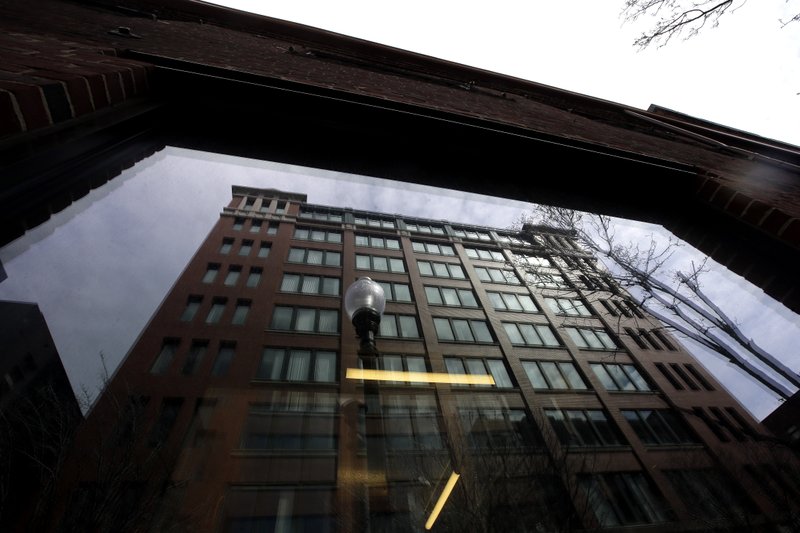NEW YORK -- The Labor Department is proposing new rules to determine whether companies can be considered joint employers, sharing control over workers in one of the businesses.
The proposed rules announced last week would affect companies including those that are franchises or that are in a contractor/subcontractor relationship. There has been controversy and litigation over the joint employer standard in recent years.
The Labor Department's proposal creates a test to help determine whether a company is a joint employer:
• Does the company have the power to hire or fire a worker?
• Who supervises and controls the employee's work schedules or conditions of employment?
• Who determines how much employees are paid and how are they paid?
• Who maintains a worker's employment records?
The current joint employer standard has been on the books since 1958. Under it, companies must exercise "direct operational and supervisory control" over employees to be considered joint employers. But in 2015, under President Barack Obama's administration, the National Labor Relations Board said in a contractor/subcontractor case that it will consider factors such as whether a company exercised control over employees "indirectly through an intermediary, or whether it has reserved the authority to do so" in determining whether companies are joint employers.
That decision was criticized by small business and franchise groups that said it would take away small companies' control over their workers. The International Franchise Association said at the time that individually-owned franchises, which are often small businesses, could be drawn into national labor disputes between unions and franchisers. There were concerns that individual owners wouldn't have the final say over matters such as how much they paid their workers.
The joint employer standard was among the Obama-era federal regulations the Trump administration has targeted for change.
Business groups welcomed the Labor Department proposal. Karen Kerrigan, head of the advocacy group Small Business & Entrepreneurship Council, said in a statement that the proposal "will bring needed certainty in business-to-business relationships and in the franchise industry."
The proposed rule won't become final until after the public has had a chance to comment on it. The period for comments ends June 10. The proposal can be found at www.regulations.gov in the rule-making docket RIN 1235-AA26.
Franchisees and contractors can be small, poorly capitalized operations, complicating efforts to recover wages that were illegally denied. Instead, those efforts are often directed at large companies with whom those employers have relationships.
"This proposal will reduce uncertainty over joint employer status and clarify for workers who is responsible for their employment protections," Labor Secretary Alexander Acosta said in a statement.
The new proposal substantially restricts the situations in which a franchiser such as McDonald's would be considered liable for employment-law violations by franchisees or contractors. In an example laid out by the Labor Department, a global hotel brand would not be held liable for minimum-wage and overtime violations that a local franchisee committed, even if the franchisee relied on a variety of material provided by the hotel chain, such as sample employment applications and sample employee handbooks.
"Through this proposal, the Department of Labor has the chance to undo one of the most harmful regulatory actions from the past administration and replace it with a rule that creates certainty for America's 733,000 franchise businesses," said Matthew Haller, senior vice president at the International Franchise Association, an industry group.
"An expanded joint employer standard has held back tens of billions of dollars in economic output each year due to a proliferation of frivolous lawsuits, precipitating significant changes to the way franchise brands interact with their local owners," he said.
Critics accused the department of laying out a step-by-step guide to employers seeking to get off the hook for violations even when they have substantial control over workers hired by their franchisees and contractors.
"It has provided such an obvious road map for employers to evade liability," said Sharon Block, a former top official in the Obama Labor Department who is executive director of the Labor and Worklife Program at Harvard Law School. "But that's going to introduce tremendous uncertainty into the lives of American workers who are subject to these business models."
Block said that the legality of the regulation was likely to be challenged once it was finalized and that courts could refuse to be bound by it.
Information for this article was contributed by Joyce M. Rosenberg of The Associated Press and by of Noam Scheiber of The New York Times.
Business on 04/09/2019
